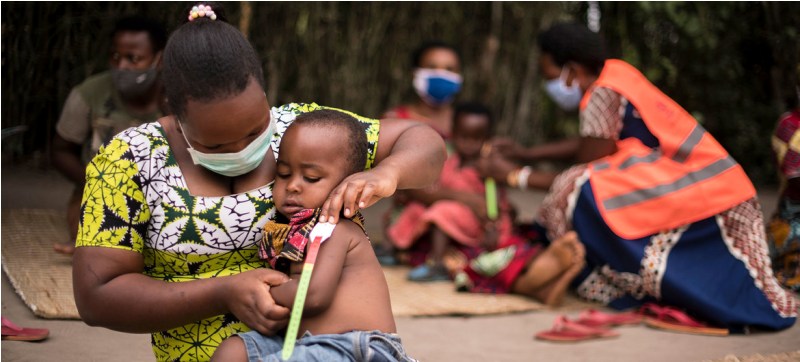 Recession
Recession New York: The economic and social consequences of the COVID-19 pandemic “are as bad as we feared”, the UN Secretary-General said, as he warned that the international community must act now if it is stave off a global recession, which could wipe out decades of development gains.
Speaking at a high-level event on financing for development in the era of COVID-19 and beyond, António Guterres said that while countries reacted swiftly to the global crisis, mobilizing a fiscal response of more than $11.5 trillion globally, only a fraction was accounted for by developing and emerging economies.
Economies “which have the greatest need, least resources and weakest capacities for addressing the crisis,” he highlighted.
The UN chief welcomed the G20’s Debt Service Suspension Initiative, which has created fiscal space in the world’s poorest countries, but added that the response did not address the magnitude of the crisis.
“Unless we take action now, we face a global recession that could wipe out decades of development and put the 2030 Agenda for Sustainable Development completely out of reach,” he cautioned.
Unless we take action now, we face a global recession that could wipe out decades of development and put the 2030 Agenda completely out of reach – UN Secretary-General
Convened by the UN Secretary-General, together with the Prime Ministers of Canada and Jamaica the high-level meeting provided a platform for world leaders to reflect on the work over the last five months, following the meeting on financing for development, in May 2020.
Work since May
Since the May meeting, discussions continued between finance ministers, UN and other international organizations and world’s top economists, resulting in key policy options, focusing on common principles, including the need to take into account national circumstances and vulnerabilities; ensuring digital tools are deployed to bridge divides; and recognize the importance of promoting women’s leadership, contributions and equal participation.
“The policy options before us today address the current emergency, recovery from the crisis, and the route to a more sustainable, resilient and inclusive future,” said the Secretary-General.
He focused on three core areas: mobilizing resources for diagnostics, treatments and vaccines – the most effective way of ending the pandemic; relieving debt distress on countries; and meeting existing commitments under the Addis Ababa Action Agenda.
“We urgently need solutions for every region that will enable investments in response and recovery, and in the 2030 Agenda for Sustainable Development,” he said.
A generational opportunity
Wrapping up his remarks, the Secretary-General urged everyone to seize on the “generational opportunity” to shape our future for the better and reiterated the need to integrating the principles of sustainable development, and social and economic inclusion into financial decision-making.
“The COVID-19 pandemic has already brought new ideas to the forefront and shown that ambitious action and transformative change are possible,” he said.
“It is forcing us to answer difficult questions, confront uncomfortable facts; and to change course.”
Co-conveners call for unity
Prime Minister Justin Trudeau of Canada, and Prime Minister Andrew Holness of Jamaica, the two co-conveners of the Tuesday’s high-level meeting also underlined the need for the international cooperation.
“We have come together, the largest gathering of world leaders in the context of COVID-19, to inspire a global response to the pandemic and maintain momentum towards the 2030 Agenda,” said Prime Minister Trudeau, urging leaders to reaffirm their common understanding of a more sustainable and inclusive recovery and re-establish momentum toward achieving the SDGs.
In addition, Prime Minister Holness urged global cooperation in rebuilding efforts that help the world rebound stronger from the far-reaching impacts of the global COVID-19 pandemic. “We are at a critical point where now, more than ever, global cooperation and collaboration are essential to recovery. Our approach must therefore be purposeful and strategic.”
Support Our Journalism
We cannot do without you.. your contribution supports unbiased journalism
IBNS is not driven by any ism- not wokeism, not racism, not skewed secularism, not hyper right-wing or left liberal ideals, nor by any hardline religious beliefs or hyper nationalism. We want to serve you good old objective news, as they are. We do not judge or preach. We let people decide for themselves. We only try to present factual and well-sourced news.







